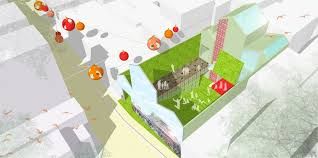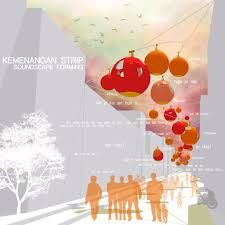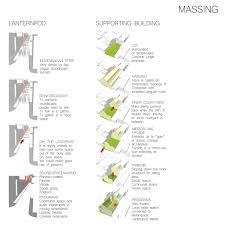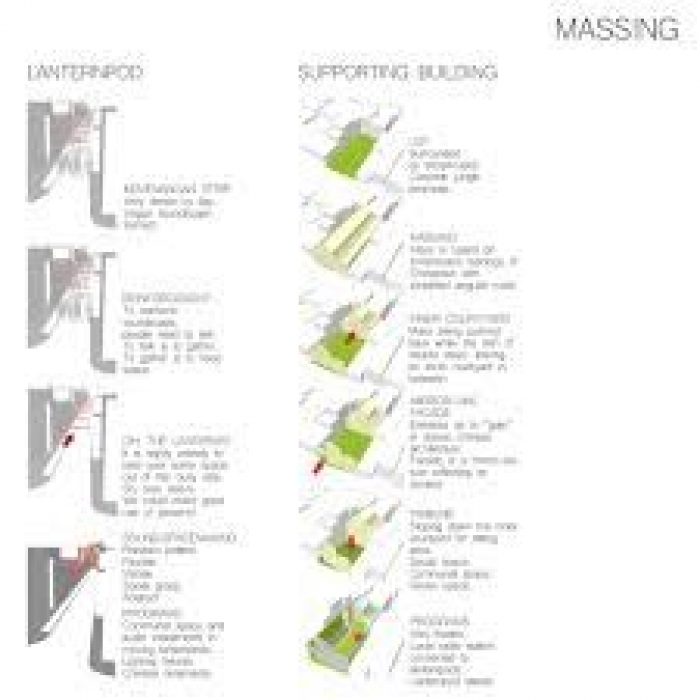As you stroll along the streets of Pancoran District, you might fall and sink vulnerably into the hustle and bustle of its life. Hectic. Noisy. Sunny. Greasy. Dusty. You name it.”]
You might as well catch some peculiar Chinese-like words flowing out of strangers passing by, either spoken softly or yelled at each other. Those, are dialects. Chinese dialects.
Nonetheless, it is sad to acknowledge that most younger generations of Indonesian-born Chinese barely know them at all; even those who reside in this Chinatown, the core of Chinese legacy in Jakarta. It is clearly understood why their existences are at rock bottom. People nowadays tend to speak global languages, such as English or Mandarin, on the other hand, deem dialects as something with no greater use. Moreover, there is a generation gap between the older and younger generations which leads to ineffective passing knowlege.”]
Lanternpod is a conceptual project – a soundscape – aims to preserve Chinese dialects as a cultural heritage that makes up Chinese culture and diversed ethnicity in Indonesia.
Site is located at Kemenangan Strip, one of the busiest business centre and the heart of the city’s oldest Chinatown in Jakarta. Laying next to Kota Tua (English: Old Town; a reminiscent of colonial area during Dutch occupation), this region is exceptionally rich in culture and history.
There are six predominant Chinese dialects which exist in this strip: Hokkian, Teochew, Hakka, Hinghwa, Cantonese, and Hokchia. These dialects, besides the sombre remaining ancient architecture, act as urban characters and play a vital role in defining the Chinatown. The Chinatown would be just like another hectic business district and more less a Chinatown itself without these dialects being heard around.
Main program – soundscape reinforcement – includes moving lanternpods which act as pods with cable car system and audio installations that are connected to the local radio station. Supporting programs – dialects survival – include a mini theatre and a local radio station. Both mini theatre and radio broadcasting encourage the passing knowledge between the older and younger generations, such as a Forrest Gump played in Hokkian dialect, Harry Potter in Teochew, etc. Meanwhile, the local radio station broadcasts all sorts of news and entertainment in six Chinese dialects.
Margaret Jo







